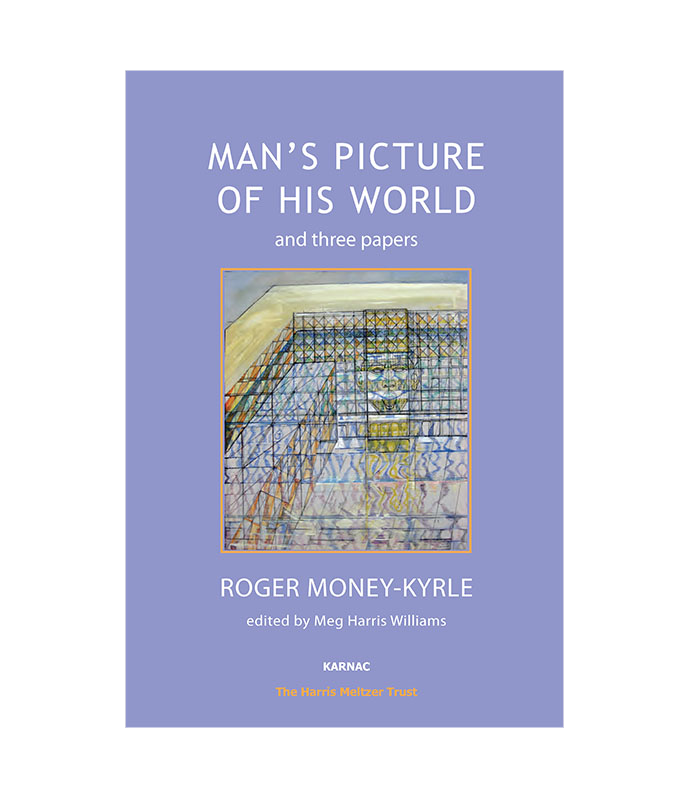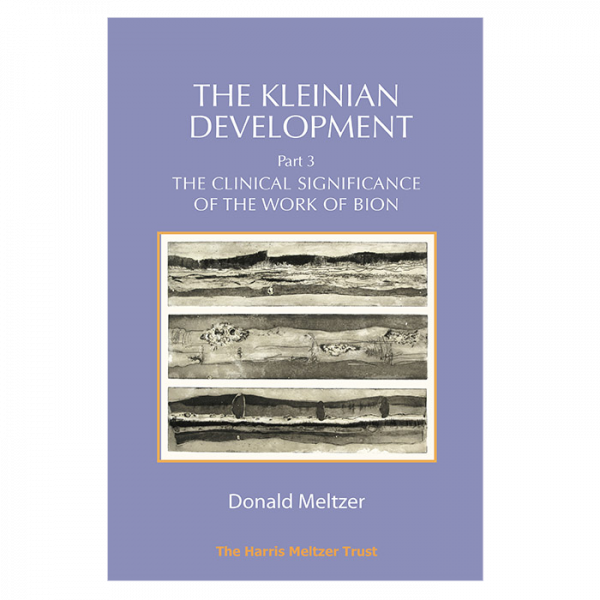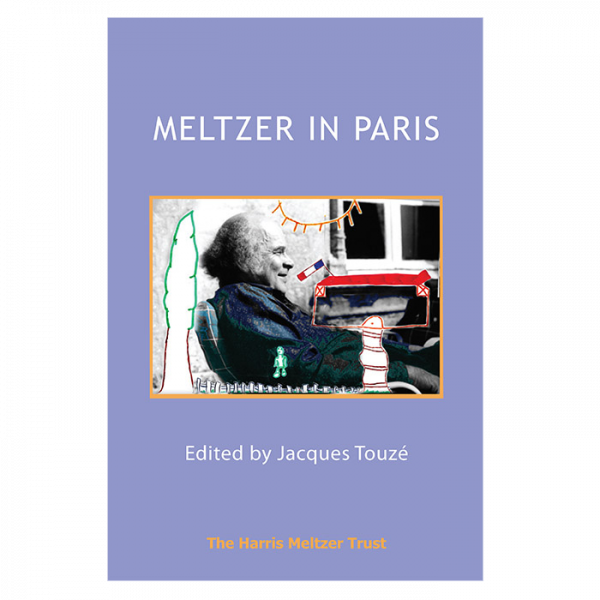Roger Money-Kyrle’s classic work throws light on the construction and distortions of our world-model, on the emergence of thinking and of subjective experience. His interest in the cognitive aspect of instinct (instinctive knowledge) and his exploration of the patient’s inhibitions as a product of his misconceptions has profound theoretical and clinical implications. The richness of Money-Kyrle’s psychoanalytic ideas is enhanced by his capacity to bridge different fields of knowledge such as philosophy, aesthetics, ethics and politics. This new edition includes three of his additional papers and Donald Meltzer’s discussion of the key paper on ‘Cognitive Development’.





Catalina Bronstein, Visiting Professor, Psychoanalysis Unit, University College London, and Fellow, British Psychoanalytical Society –
‘“Man’s Picture of His World” is an illuminating book by an outstanding thinker. Roger Money-Kyrle throws light on the construction and distortions of our world-model, on the emergence of thinking and of subjective experience. His interest in the cognitive aspect of instinct (instinctive knowledge) and his exploration of the patient’s inhibitions as a product of his misconceptions has profound theoretical and clinical implications. The richness of Money-Kyrle’s psychoanalytic ideas is enhanced by his capacity to bridge different fields of knowledge such as philosophy, aesthetics, ethics and politics. This is a most valuable and enlightening book.’
John Steiner, psychoanalyst and author of ‘Psychic Retreats and Seeing and Being Seen’ –
‘From the wide range of ideas created by this highly original and very English psychoanalyst those connected with cognitive development stand out. Money-Kyrle describes why “the facts of life” are so difficult for us to accept. These facts are all to do with differences. First, the difference between generations, second, the difference between the sexes, and third, the reality of the passage of time. They are hated because they provoke envy and threaten omnipotence, and a mythology is invented to deny them and to avoid having to face our mortality, and our dependence on others.’